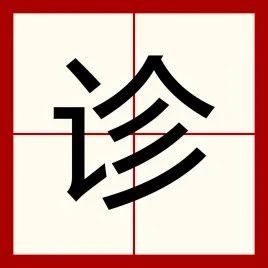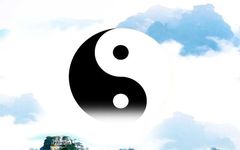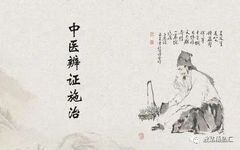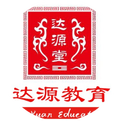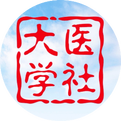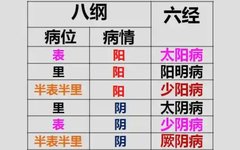The Classic of Observation Diagnosis in Traditional Chinese Medicine
Outline of the Ten Methods of Observation In general, observation diagnosis begins with the division of body parts, followed by the observation of complexion. To understand the subtlety of the five colors, one must know the outline of the ten methods. The ten methods are: floating, sinking, clear, turbid, subtle, intense, scattered, gathered, moist, and … Read more

